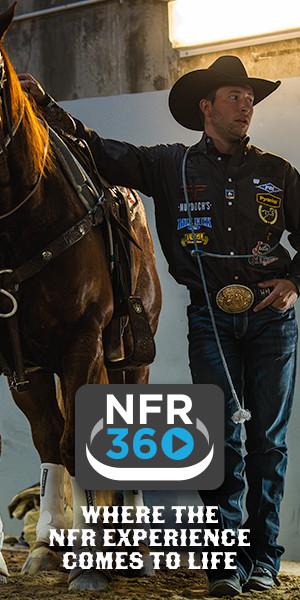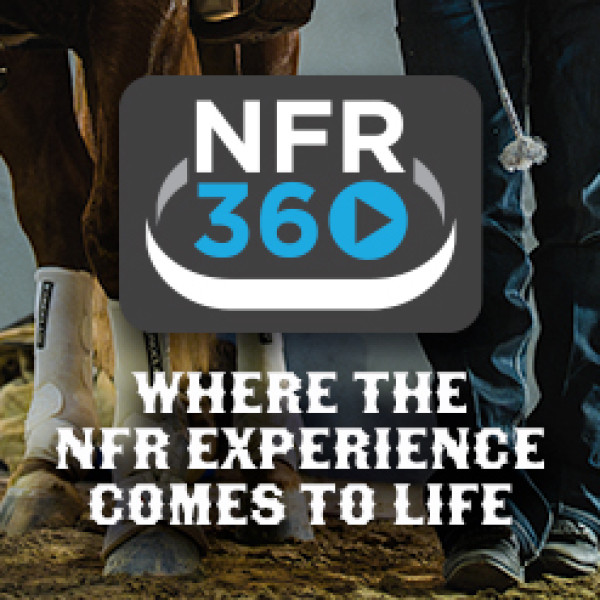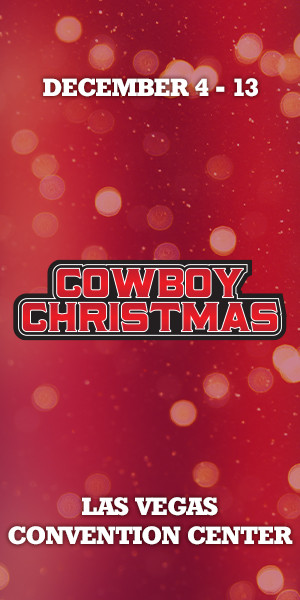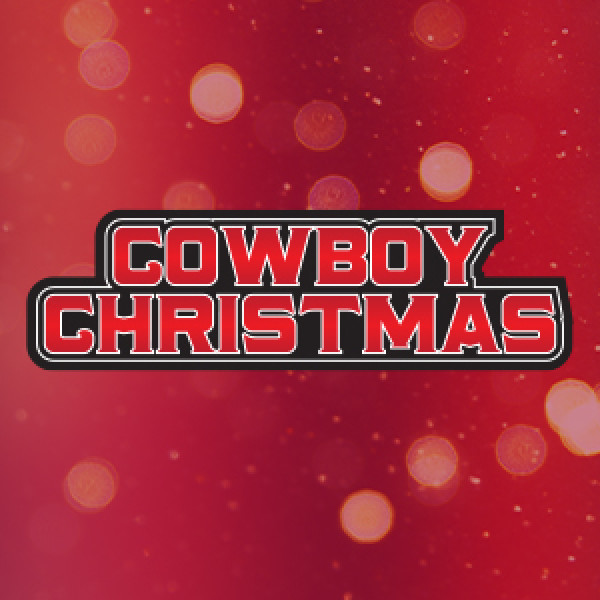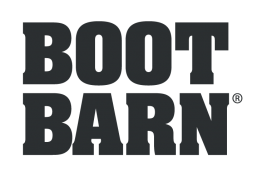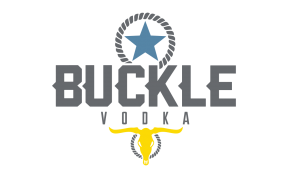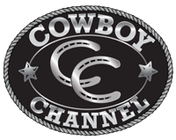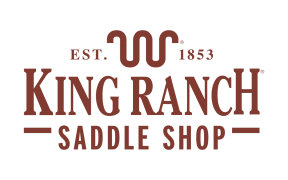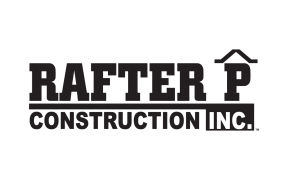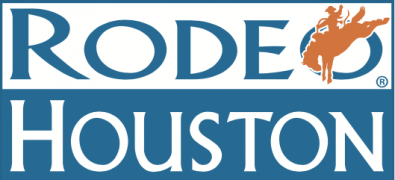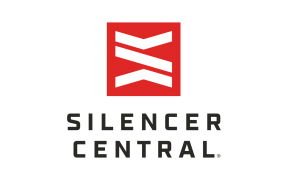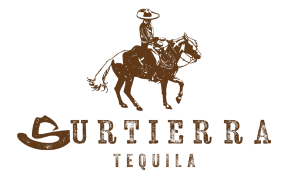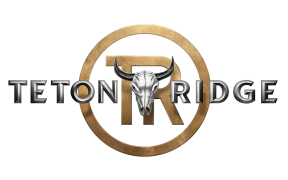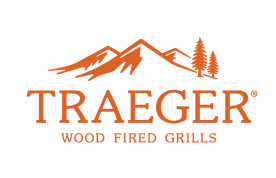
Jun 2, 2023
Finding The Balance
In and out of the arena Cervi strives for excellence.
By Susan Kanode
I can’t tell you the first time that I actually met Sherry Cervi, but I have known her for most of her career and have always been impressed by her horsemanship and professionalism in and out of the arena. She is kind, compassionate, generous and a self-proclaimed perfectionist.
Her mother, Wendy, has three consecutive NFR barrel racing qualifications to her credit. The last one was three years before Sherry was born. Her father roped and served on the PRCA board of directors and Sherry and her sister grew up competing.
As her competitive nature developed, so did her mental strength. She put that to awesome use in the rodeo arena. She was the first woman to cross the $3 million mark in WPRA earnings. She qualified for her first of 19 NFRs in 1994 and finished as the reserve world champion behind Kristie Peterson. The next year she won her first of four world titles. A career that has been successful and spanned three decades has given her a wealth of experiences, friends, accolades, and joy. Along with those, there has been plenty of heartache, disappointment, and struggles.

For those of us looking in from the outside, it’s easy to see all of the positive things. But it’s the negative that builds character, develops determination, and keeps us human.
Sherry is definitely human. The same year that she won her first gold buckle, she also married Mike Cervi Jr., a team-roping son of stock contractor Mike Cervi. They were a dynamic duo for six years. When he was killed in a plane crash it was devastating. Sherry didn’t rodeo for a year and a half and struggled with her confidence.
I was there in 2003 for her comeback. I remember crying tears of joy when she won the San Antonio Rodeo that year. The Cervi’s are longtime stock contractors there and her brother-in-law, Binion, was with Sherry every step of the way. I still get emotional thinking about witnessing that moment.
Sherry got to the NFR and was doing great. She had put herself into position to potentially win her third gold buckle and before the 10th round, she mentally self-destructed.
“I wasn’t ready for that kind of pressure,” she said. “I had been in high-pressure situations before and had never had that response. So, I told myself to never get in that situation again.”
She started reading books, talking to sports psychologists that were friends, and learning how to take her mental game to the next level. She had played basketball in high school and was a sports fan. Someone had given her a copy of Walter Payton’s (Chicago Bears running back in the NFL) autobiography Never Die Easy. She read that and other autobiographies.
“When you read the autobiographies of other athletes in other sports, you realize that everyone deals with their own mental game,” Sherry said. “Getting that together can separate you from being good to great. You have to want to better yourself at all times. Go back to the foundation. Look in the mirror. Don’t make excuses. You are the one that has to change and put in the work.”
She did exactly that. She didn’t qualify for the NFR in 2004 but came back in the next two years. Then she had a consecutive run from 2009 to 2016 that saw her earn two more gold buckles. She also married another team roper, Cory Petska, and was in the stands at the Thomas & Mack Center when he was crowned the world champion heeler.

“No matter what, you have to surround yourself with positive people,” she added. “People that are honest with you and truly want the best for you. I am honest with my friends. My mom and dad were always honest with me. Everybody wants a pat on the back. That’s important but not always what you need. If you are going to stay competitive you need to have support that encourages your hard work, wants you to get better and helps with positive energy.”
That positive energy is important in all sports, and all disciplines in rodeo, but perhaps more in barrel racing than any other event. Barrel racers nearly all say that their horse is at least 90 percent of their success. If the other 10 percent is up to the rider, how much of that is mental?
A lot. Horses are intuitive creatures that sense humans’ emotions. For barrel racers who spend hours upon hours with their four-legged teammates, this is often exponentially greater.
“If you are at all tentative, they can feel that. If you ride hesitant without confidence, they know,” she said.
So how does she keep her confidence as a horsewoman? Does it come from riding multiple horses, hours in the practice pen, riding for pleasure, watching previous runs? For Sherry, it is a combination of all of those.

“For me knowing my horse is really important. Most of mine I’ve trained so I know everything about them,” she explained. “But then you have to forget about being in trainer mode and go to competitor mode. That can be a hard switch to make. Sometimes you don’t think that you have the horsepower to give you the confidence you need. In any given day, anyone can win. You have to keep believing in yourself and your horse. You need a goal and to stay focused on that goal. It can help you get through the hard times. You have to ride the rollercoaster and keep your sights on the next run and stay focused on the future.”
That rollercoaster ride for rodeo contestants can be lonely especially if they are not winning. When that time comes and questions arise about a career choice, that’s when Sherry relies on her team.
“It’s really important to surround yourself with a circle of friends,” she explained. “Mine is small. You need people that want the best for you and are going to be honest. People that will help you be a better person and competitor. And, I think how you conduct yourself out of the arena is really, really important in life.”
When I talked to Sherry, she and Cory were headed to Wisconsin for the summer. She had six horses in the trailer with her, three dogs and kittens. When she gets there, she will have ducks and chickens to greet her. All of her animals give her Joy. She and Cory will be competing at rodeos in the Great Lakes Circuit this summer and she will stay true to her quest for excellence. Time will tell if that quest ever includes another run at the Thomas and Mack Center.

Regardless of how much she decides to compete or where her journey takes her, her influence in the industry is undeniable. I’m so grateful to have been on the sidelines watching Sherry’s career and even more thankful that she is always willing to share the lessons that she has learned with the rest of us.
Once again, there is more to come.









